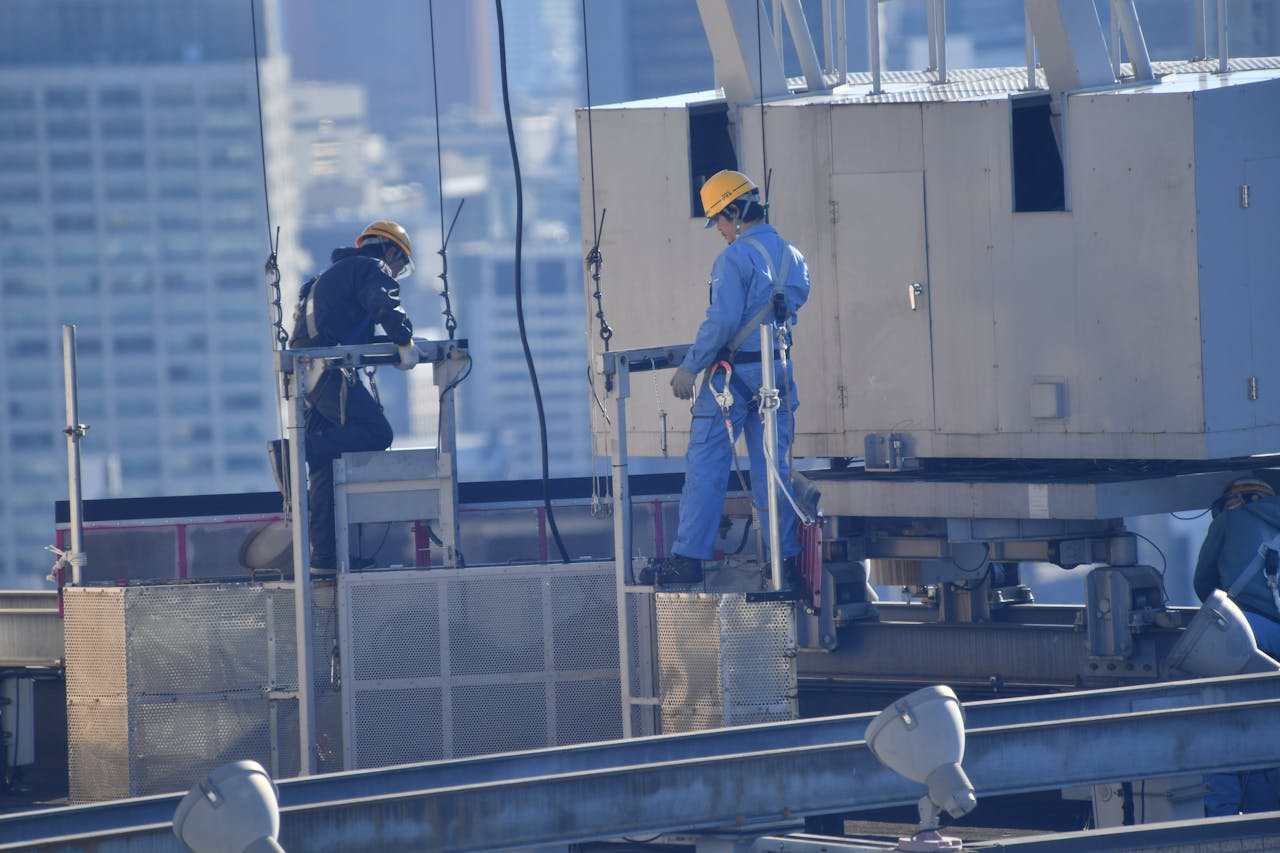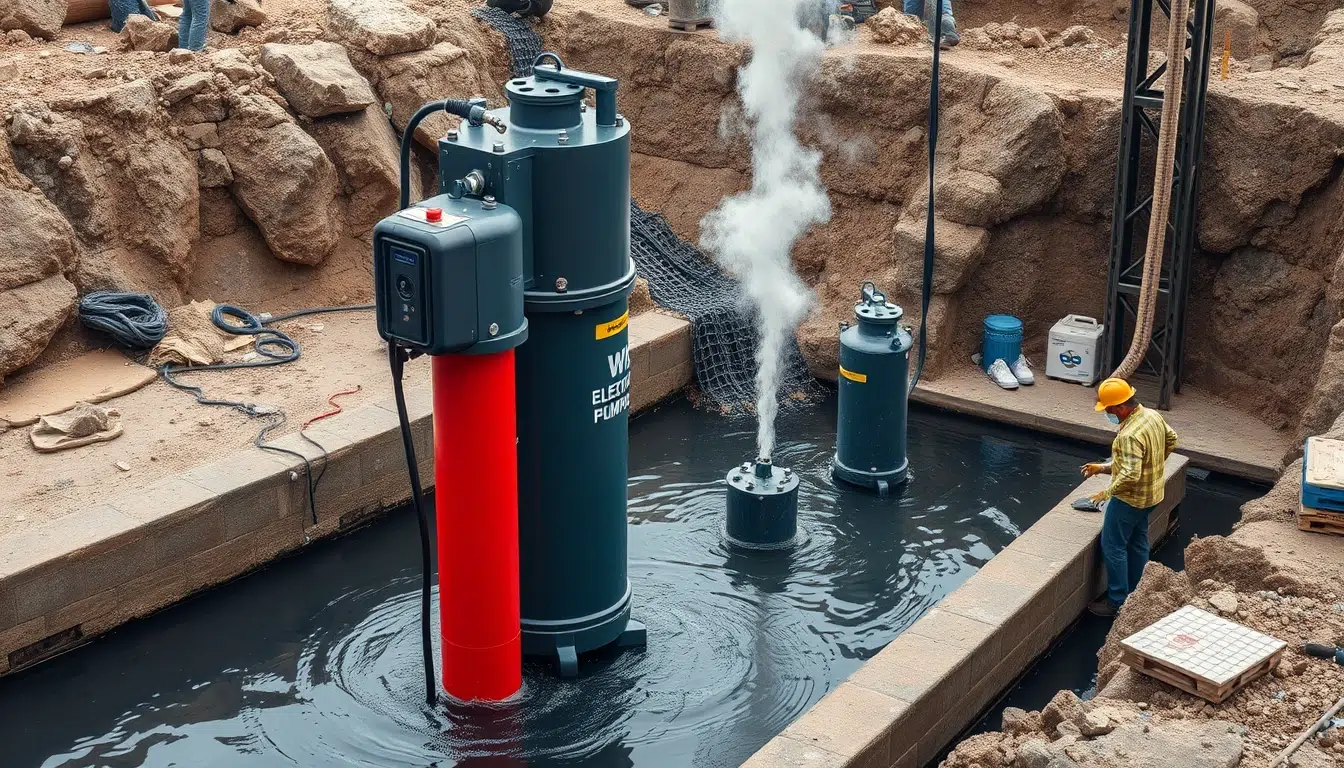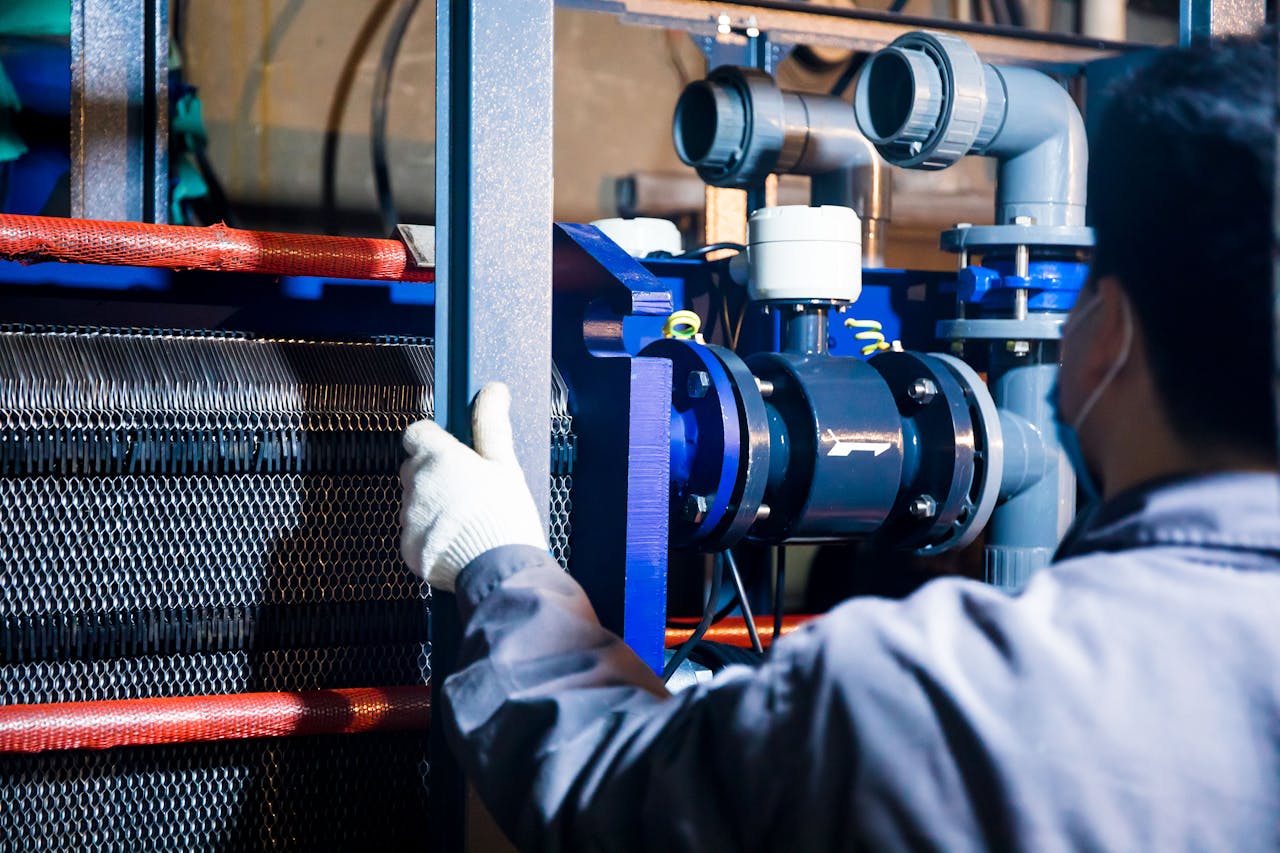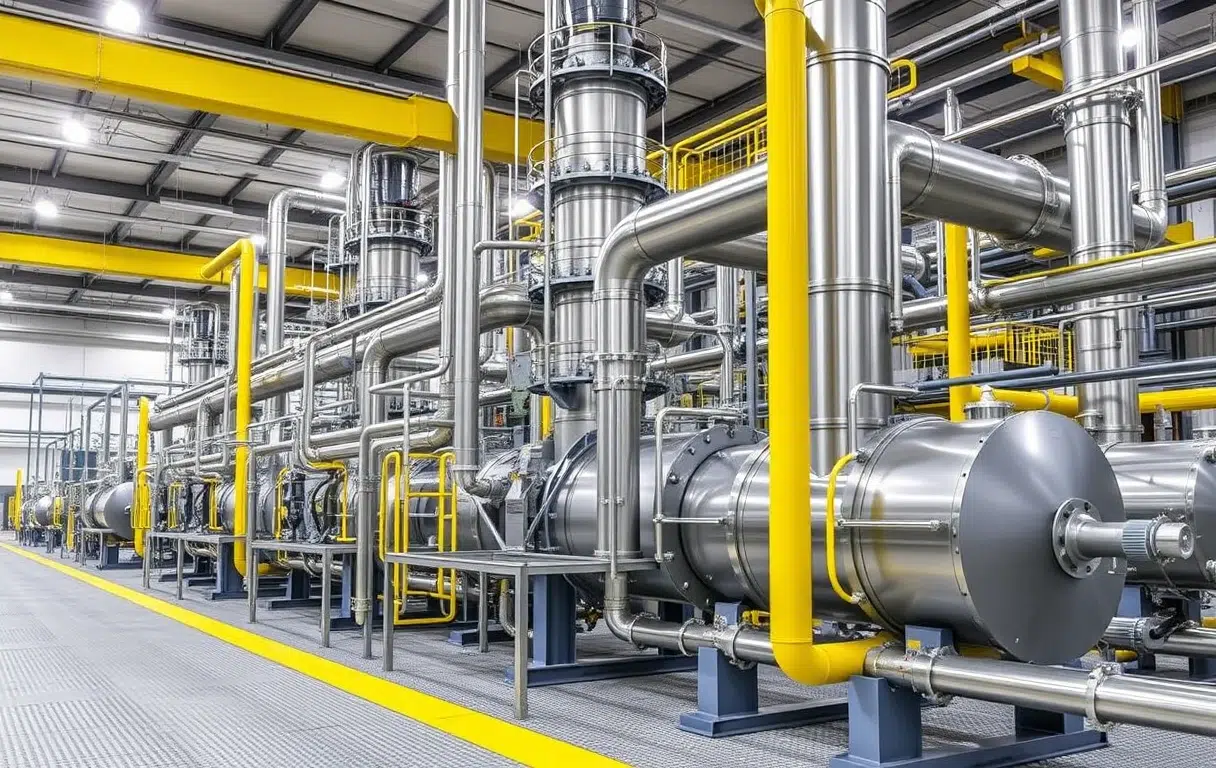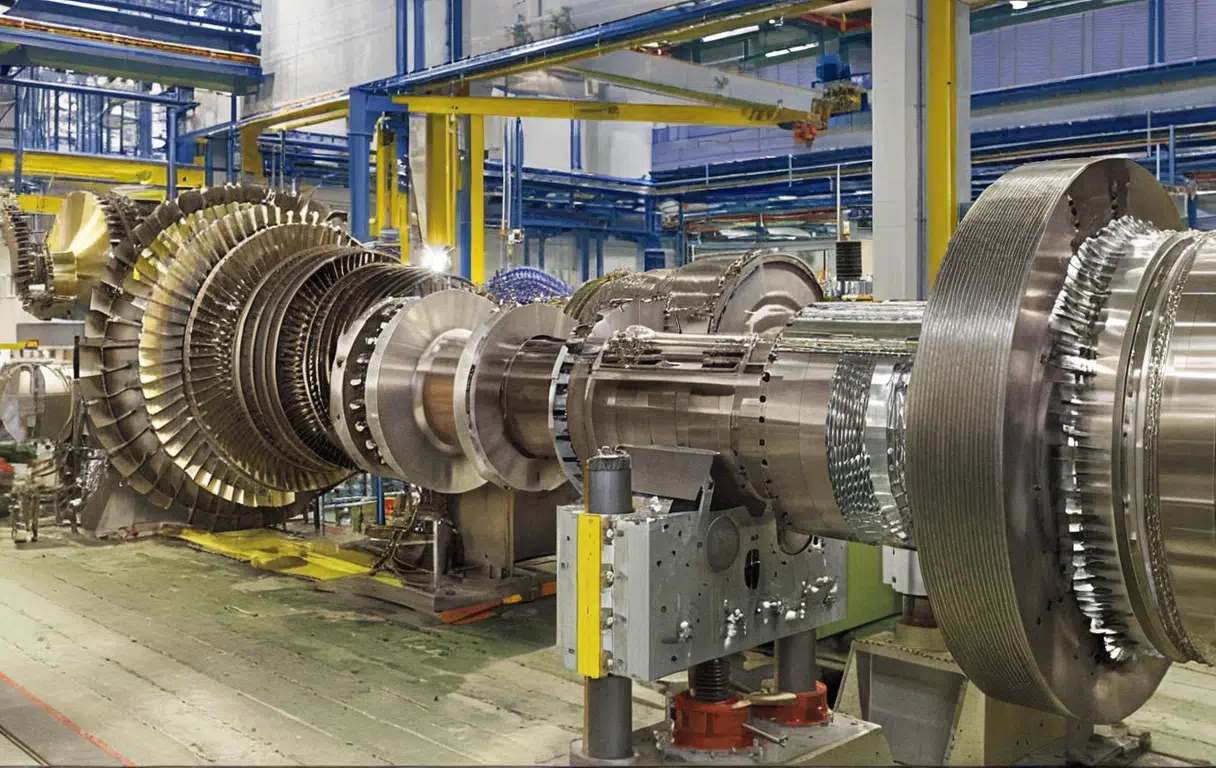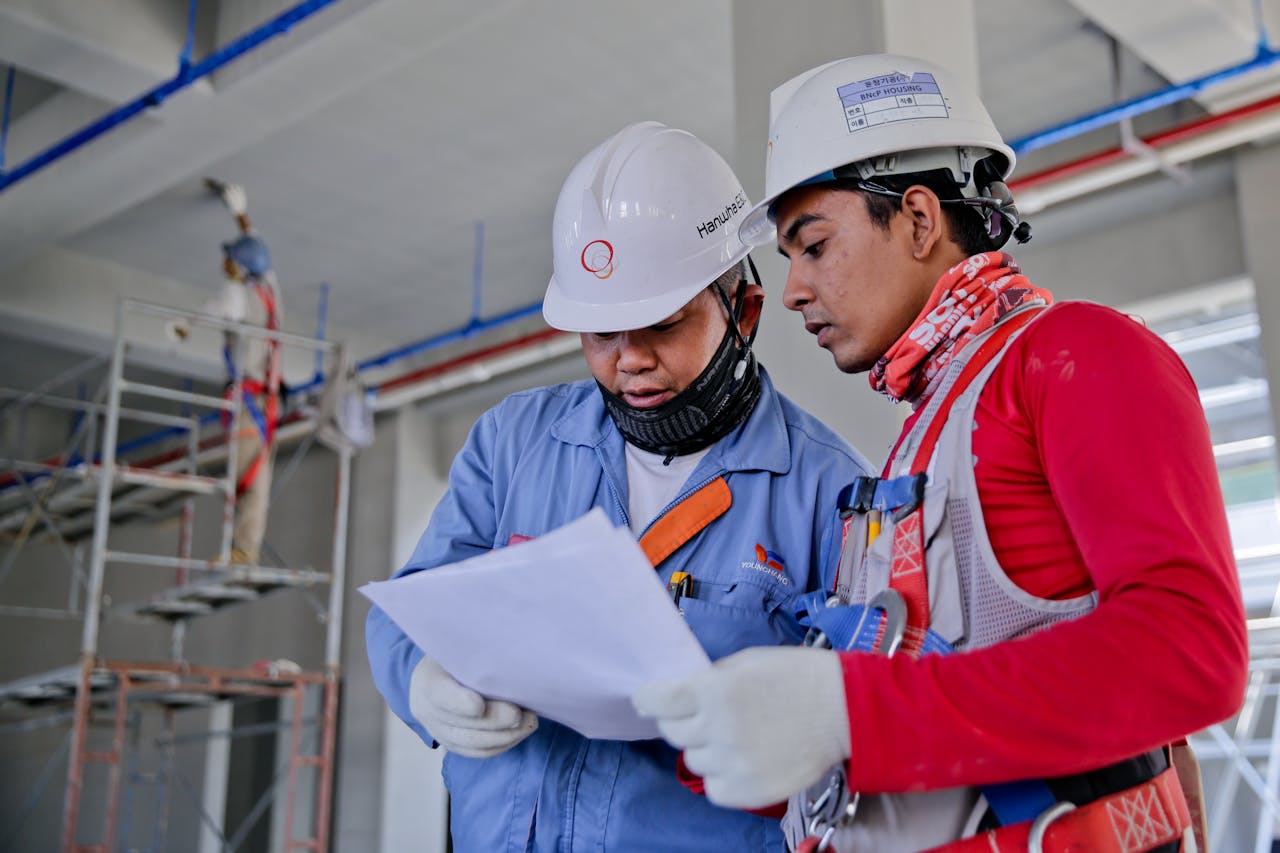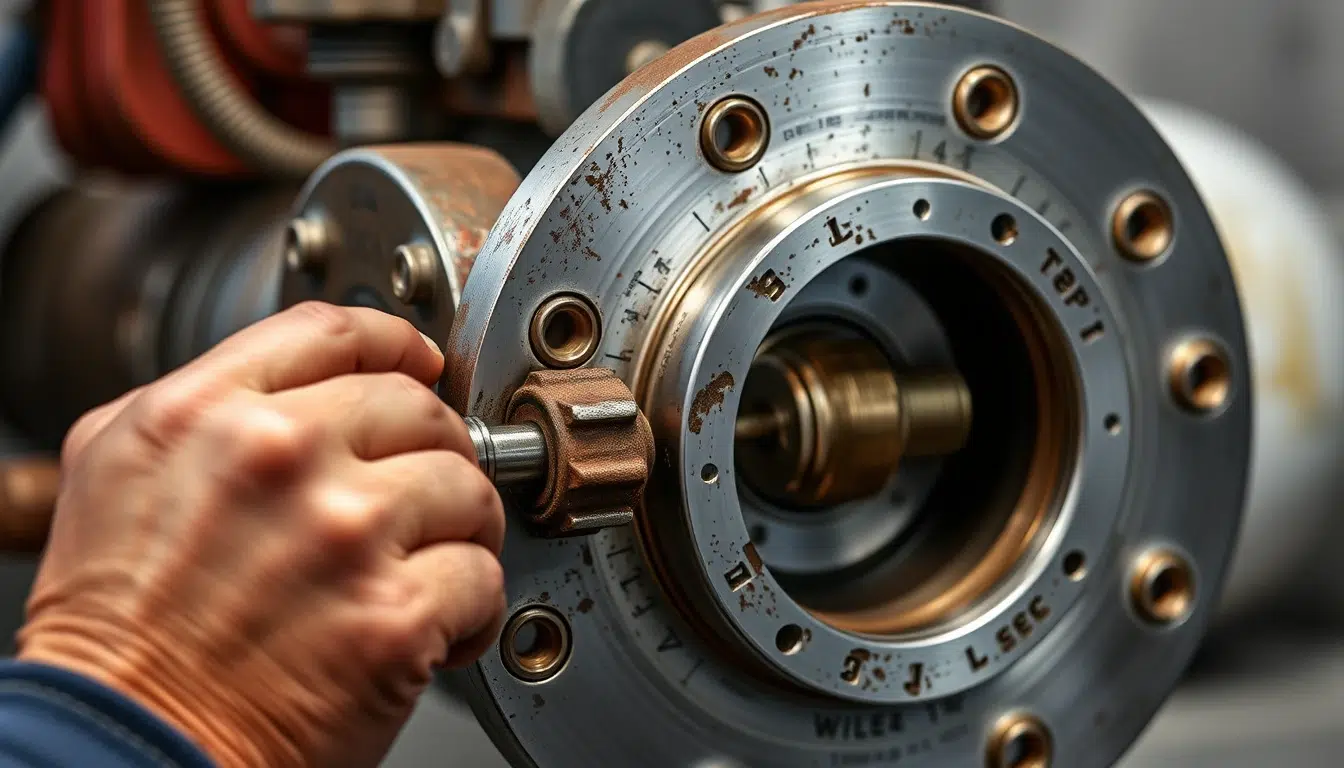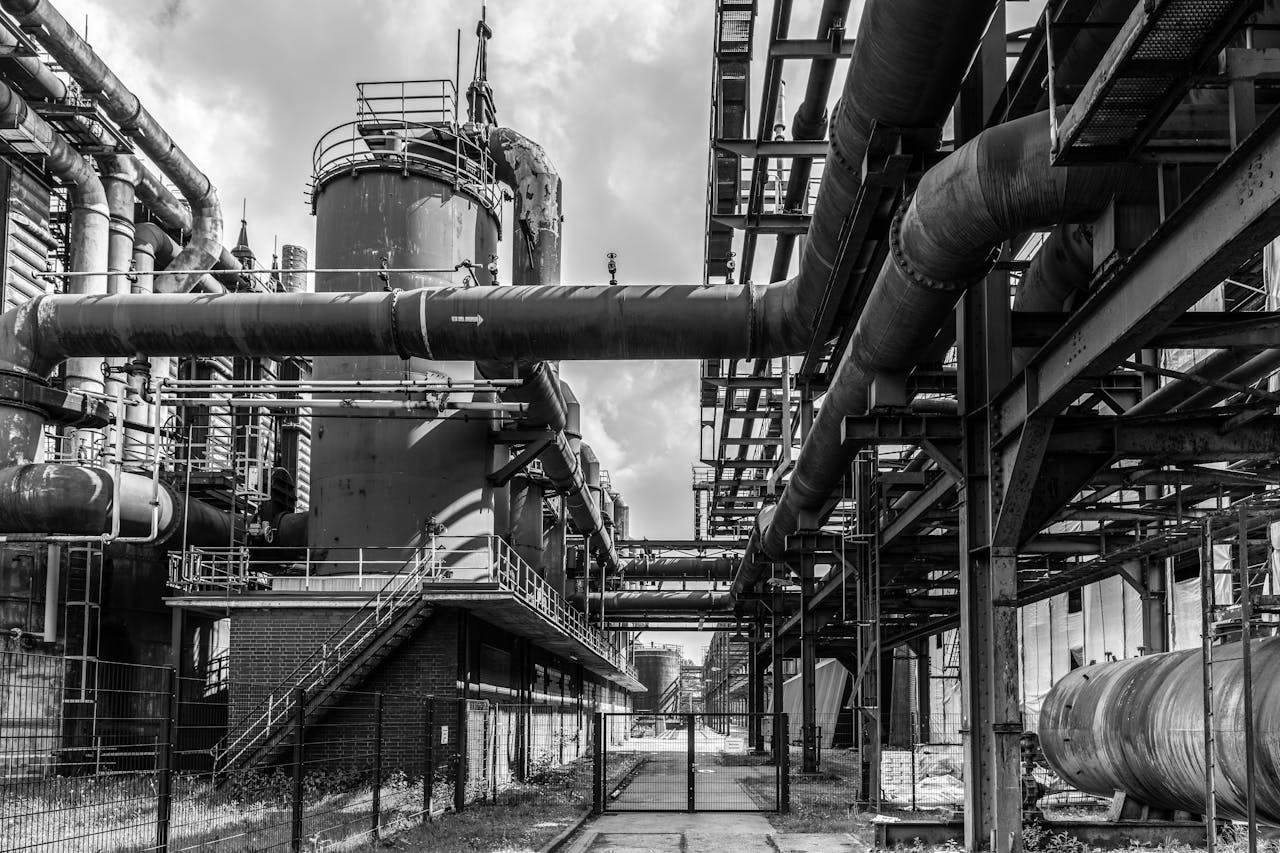Piping Engineering and Pipe Stress Analysis Certification Course
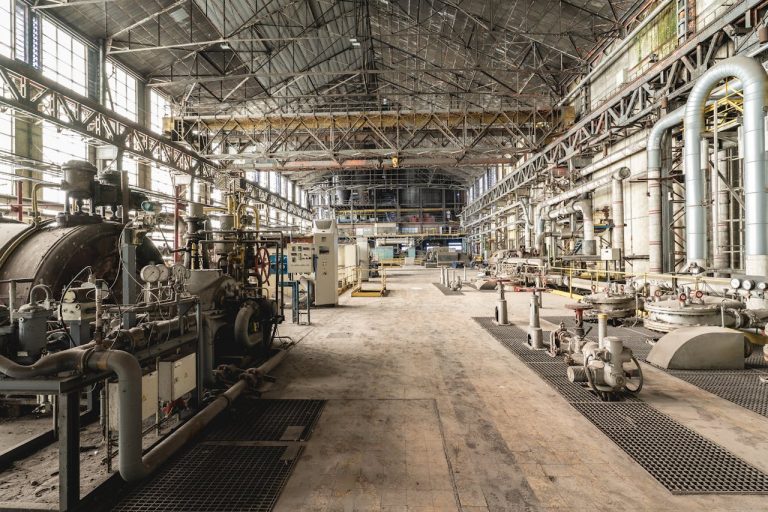
| Date | Format | Duration | Fees (USD) | Register |
|---|---|---|---|---|
| 24 Nov - 28 Nov, 2025 | Live Online | 5 Days | $3785 | Register → |
| Date | Venue | Duration | Fees (USD) | Register |
|---|---|---|---|---|
| 20 Oct - 24 Oct, 2025 | Abuja | 5 Days | $5775 | Register → |
| 17 Nov - 19 Nov, 2025 | Lisbon | 3 Days | $5075 | Register → |
| 15 Dec - 26 Dec, 2025 | Addis Ababa | 10 Days | $11085 | Register → |
Did you know that proper piping design and stress analysis can improve operational efficiency by up to 30% while minimising maintenance costs by 40% through preventive strategies?
Course Overview
The Piping Engineering and Pipe Stress Analysis Certification Course by Alpha Learning Centre is meticulously designed to equip professionals with essential skills in piping system design, stress analysis techniques, and maintenance strategies. This course focuses on how participants can effectively master advanced piping engineering methodologies, execute system modelling, and develop robust inspection protocols to ensure operational excellence in oil and gas facilities.
Why Select This Training Course?
Selecting this Piping Engineering and Pipe Stress Analysis Certification Course offers numerous advantages for professionals involved in piping design, stress analysis, and plant operations. Participants will gain advanced knowledge of stress analysis methods, thermal expansion design, and dynamic analysis techniques. The course provides hands-on experience with software simulations and practical problem-solving sessions, enabling attendees to optimise their piping systems effectively.
For organisations, investing in this training enhances overall system reliability and ensures better compliance with industry standards such as ASME B31.3. Research indicates that implementing advanced piping engineering practices reduces material wastage, minimises downtime, and ensures safe operations under varying load conditions.
For individuals who complete this course, there are significant career benefits. This training enhances professional profiles by providing expertise in piping engineering and stress analysis, which are highly valued by employers across industries such as oil and gas, petrochemicals, and power generation. Studies show that professionals trained in these areas are better equipped to optimise operations and ensure regulatory compliance.
Transform your piping engineering capabilities – Register now for this critical advanced training programme!
Who Should Attend?
This Piping Engineering and Pipe Stress Analysis Certification Course is suitable for:
- Piping Engineers
- Stress Analysis Specialists
- Mechanical Engineers
- Design Engineers
- Project Engineers
- Plant Engineers
- Quality Control Engineers
- System Integrity Specialists
What are the Training Goals?
The aims of this course are to support attendees to:
- Master advanced stress analysis techniques
- Implement effective design methodologies
- Execute sophisticated system modelling
- Design robust piping systems
- Develop comprehensive analysis protocols
- Create effective documentation systems
- Enhance system reliability
How will this Training Course be Presented?
Prepare for an immersive journey into the world of piping engineering! Our Piping Engineering and Pipe Stress Analysis Certification Course delivers a dynamic and engaging learning experience through cutting-edge methodologies. This course is designed to challenge your perspectives, enhance your technical knowledge, and equip you with the tools necessary to excel in today’s complex industrial landscape.
The course will be delivered through:
- Technical workshops
- Software simulations
- Case study analyses
- Hands-on calculations
- Design laboratories
- Practical problem-solving sessions
Each delivery method is carefully integrated to ensure participants gain both theoretical knowledge and practical experience. The course structure promotes active engagement and real-world application, allowing participants to develop crucial analytical and technical skills within a supportive learning environment.
Prepare to be challenged, inspired, and transformed. Join us for an unparalleled learning experience that will redefine your approach to piping engineering!
Course Syllabus
Module 1: Stress Analysis Methods
- Static stress calculations
- Dynamic load assessment
- Thermal expansion analysis
- Fatigue evaluation techniques
- Code compliance verification
- Analysis software application
- Documentation protocols
Module 2: System Loading Analysis
- Deadweight calculations
- Thermal load assessment
- Pressure effects analysis
- Wind load evaluation
- Seismic load calculation
- Support system design
- Documentation requirements
Module 3: Thermal Expansion Design
- Expansion loop calculations
- Flexibility analysis methods
- Anchor point assessment
- Support location optimization
- Stress intensification factors
- Documentation protocols
Module 4: Support System Engineering
- Support type selection
- Load calculation methods
- Location optimisation
- Material selection criteria
- Installation requirements
- Maintenance considerations
- Performance monitoring
- Documentation protocols
- Testing procedures
- Verification methods
Module 5: Dynamic Analysis Techniques
- Vibration assessment methods
- Natural frequency calculation
- Response spectrum analysis
- Modal analysis techniques
- Damping considerations
- Implementation strategies
- Documentation requirements
- Performance verification
Module 6: Material Selection Criteria
- Strength assessment methods
- Temperature considerations
- Corrosion resistance evaluation
- Cost-benefit analysis
- Selection methodology
- Documentation protocols
- Implementation strategies
Module 7: Code Compliance Analysis
- Standard Interpretation
- Calculation methods
- Documentation requirements
- Implementation strategies
- Verification protocols
Module 8: Computer-Aided Analysis
- Software application methods
- Model development techniques
- Analysis procedure selection
- Result Interpretation
- Documentation protocols
- Verification methods
- Quality control
Module 9: Quality Control Systems
- Verification methodology
- Documentation requirements
- Review procedures
- Implementation strategies
- Performance monitoring
Module 10: System Optimisation
- Performance assessment methods
- Cost reduction strategies
- Material optimisation
- Design improvement techniques
- Implementation planning
- Documentation requirements
- Verification protocols
- Success monitoring
Training Impact
The impact of piping engineering training extends beyond immediate operational improvements to create long-term value for organisations. Research indicates that effective piping design and stress analysis strategies lead to numerous benefits including enhanced safety standards, optimised system performance, and reduced maintenance costs.
According to industry research, proper implementation of flexibility analysis ensures that piping systems operate efficiently under varying conditions while minimising the risk of catastrophic failures.
These improvements translate to the following tangible benefits:
- Enhanced safety standards through compliance with ASME B31.3 codes
- Improved operational efficiency via optimised flow analysis methods
- Reduced downtime through preventive maintenance strategies
- Better environmental compliance through corrosion management techniques
By investing in this advanced training programme, organisations can expect to see:
- Significant improvement in piping system reliability across all levels
- Improved ability to handle complex design challenges constructively
- Enhanced decision-making capabilities through systematic stress analysis frameworks
- Increased competitiveness through optimised maintenance strategies
Transform your career and organisational performance – Enrol now to master Piping Engineering and Pipe Stress Analysis!

